Russian President Vladimir Putin has reiterated his firm belief in the growing strength of the BRICS alliance, stating that cooperation among its members “will not stop and cannot stop” despite increasing international criticism and geopolitical tensions.
Speaking at the 16th BRICS Summit in Kazan, Putin directly addressed recent remarks by former U.S. President Donald Trump, who dismissed the group as “dead” and suggested new tariffs could be imposed on its members. Without naming Trump directly, Putin responded with confidence in the alliance’s future, suggesting that BRICS represents a major step toward a more multipolar and cooperative world order.
“We’ve built something powerful together — a platform for dialogue and economic collaboration that no external voice can easily break,” Putin said. “Our cooperation isn’t just intact, it’s growing stronger.”
This year’s summit brought together leaders from Brazil, India, China, and South Africa, along with the group’s newest additions — Egypt, Ethiopia, Iran, and the United Arab Emirates — reflecting the bloc’s expanding global reach. Discussions were wide-ranging, with a strong focus on trade, financial sovereignty, and alternative systems to reduce dependency on Western-led financial institutions.
Also Read; China Open to Talks If Trump Shows Respect
A major highlight of the summit was renewed interest in creating a BRICS-led payment platform, allowing trade to flourish independently of the U.S. dollar. The idea is not new, but with more members and a shifting global economy, it is gaining serious traction.
“There’s a shared understanding that relying too heavily on a single financial system places all of us at risk,” one summit delegate said. “What BRICS offers is the space to rethink how emerging economies work together — and how we can shape our futures without relying on others to set the rules.”
Putin also used his platform to raise concerns about growing instability in the Middle East, warning of the risks of a wider regional conflict. He urged fellow leaders to support peaceful solutions and reiterated Russia’s backing of a two-state resolution for the Israeli-Palestinian crisis — a position echoed by many BRICS members during closed-door talks.
Despite a backdrop of international criticism and complex geopolitical realities, the tone in Kazan was far from defensive. Instead, it was focused, collaborative, and forward-looking..

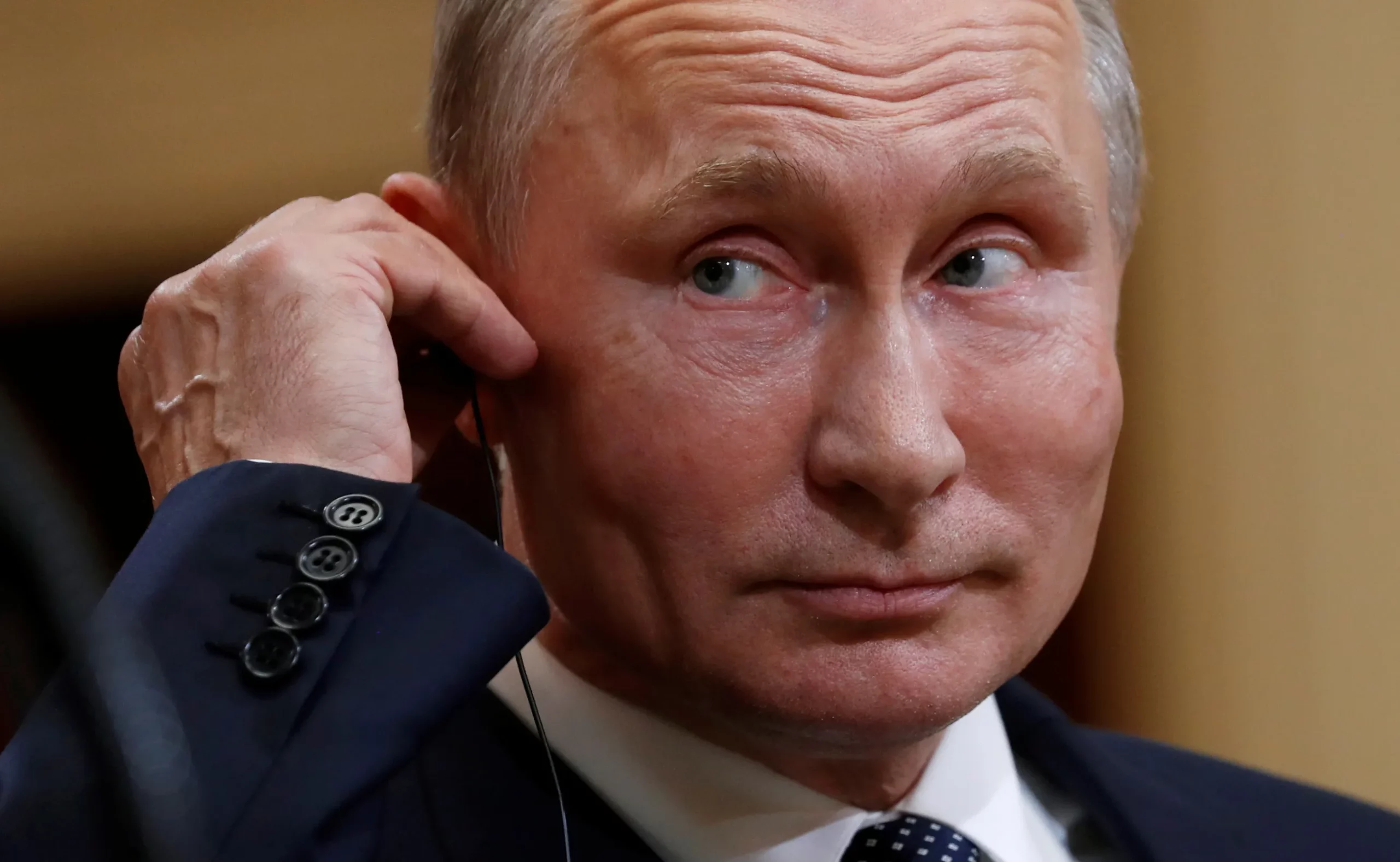
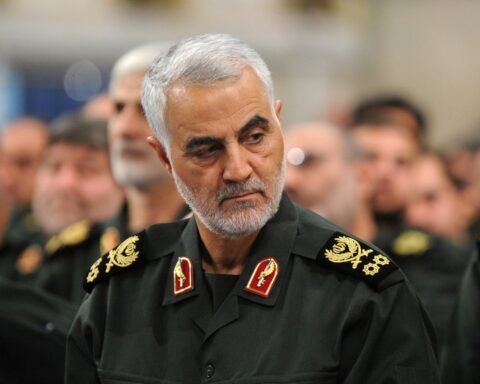
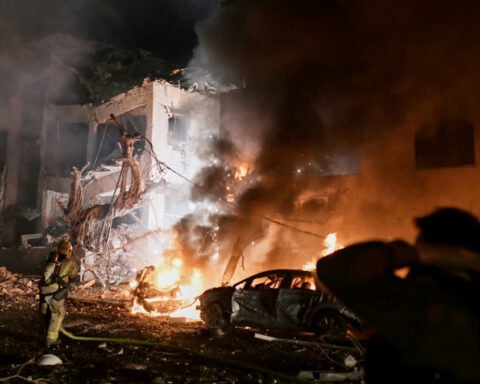
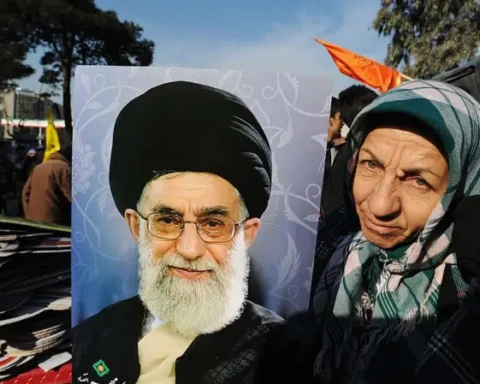
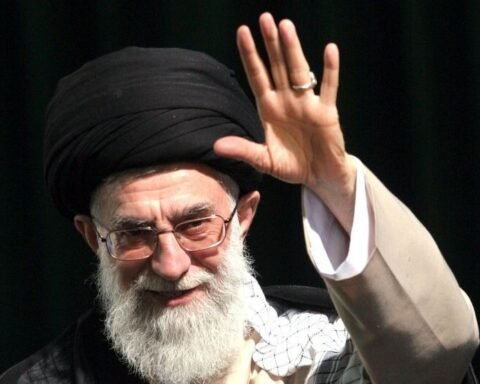
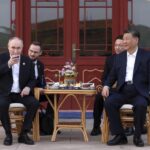

Putin’s remarks highlight BRICS’ evolving identity as a counterweight to Western-dominated institutions